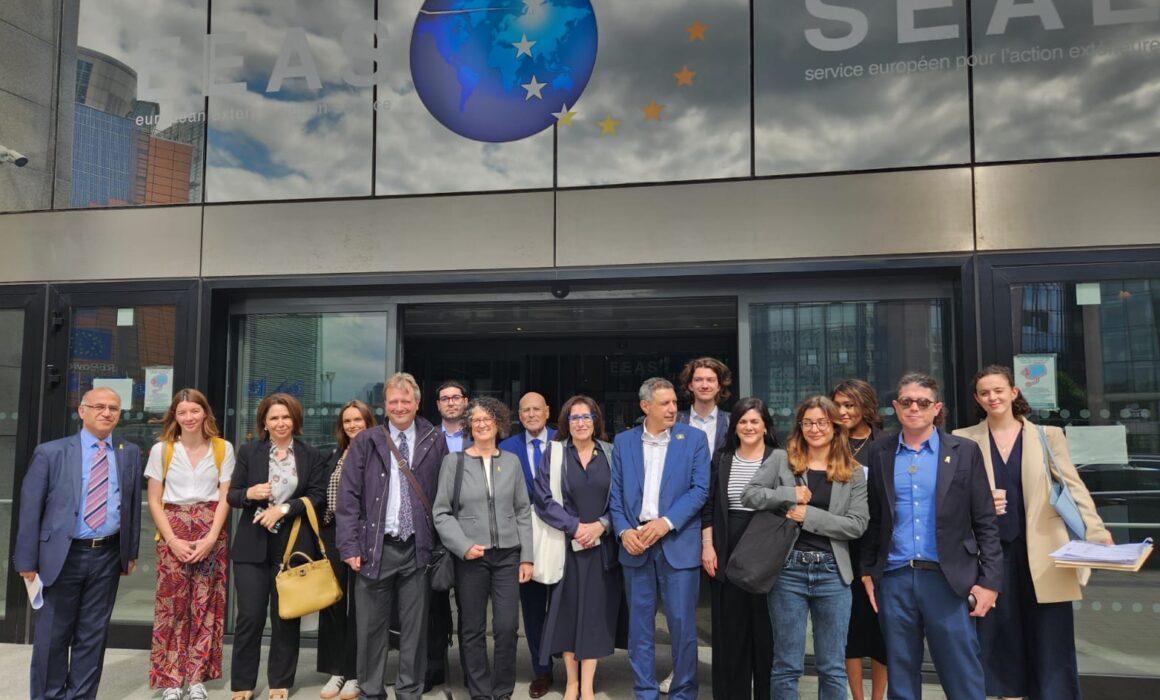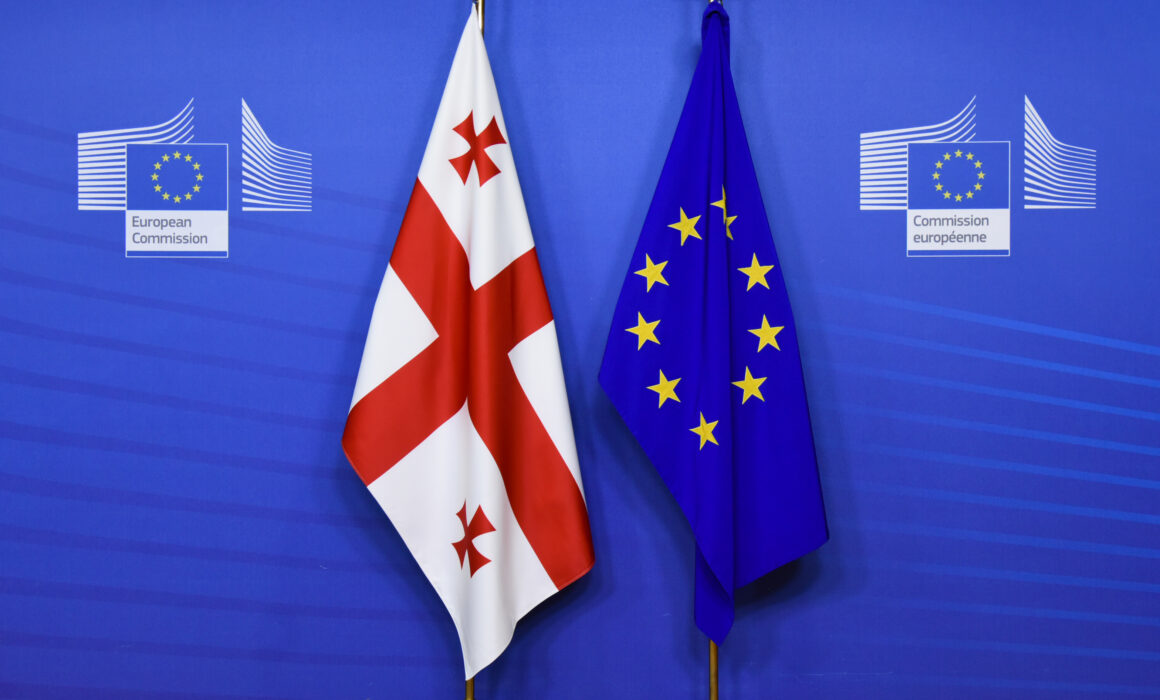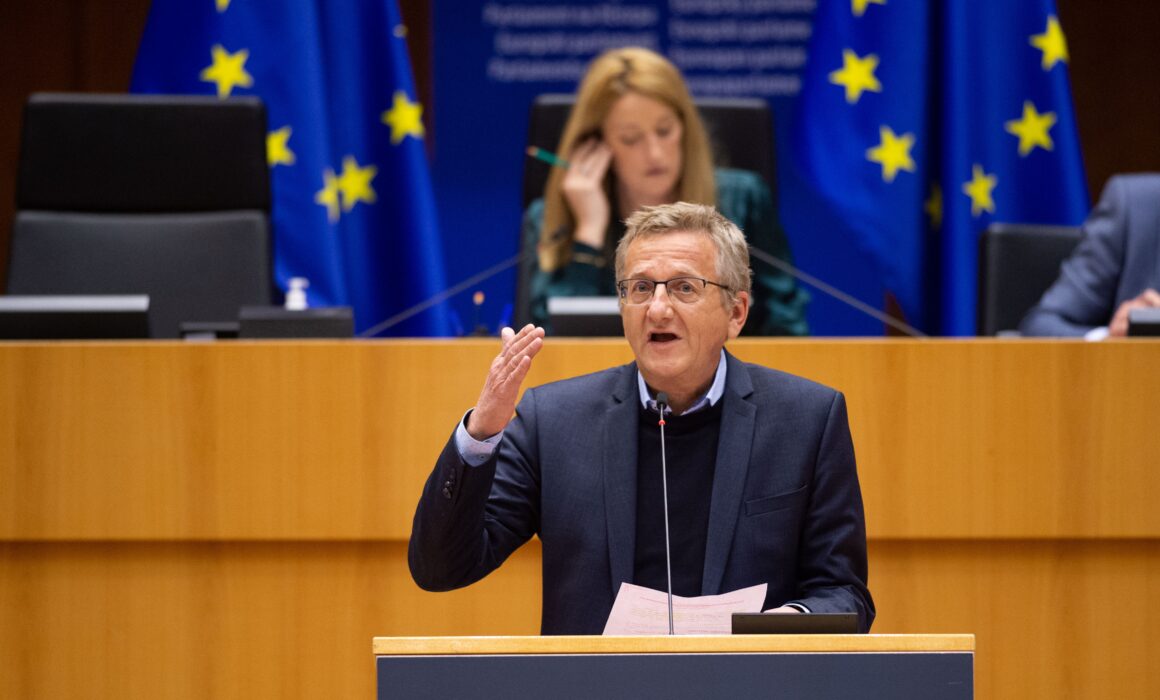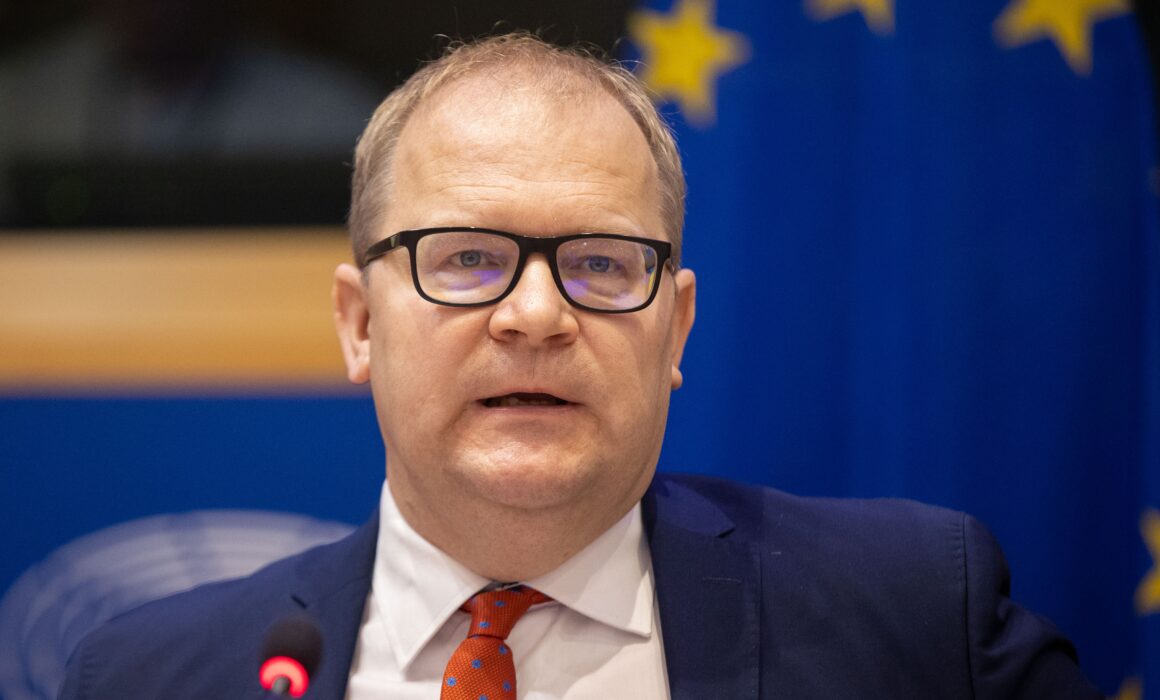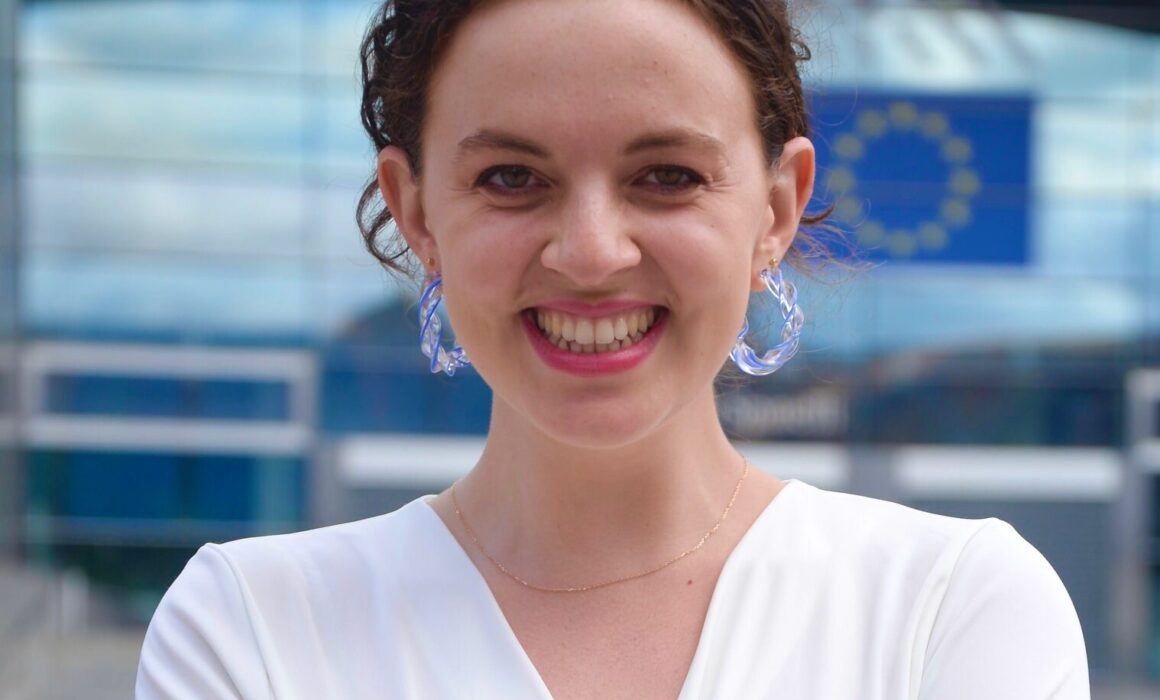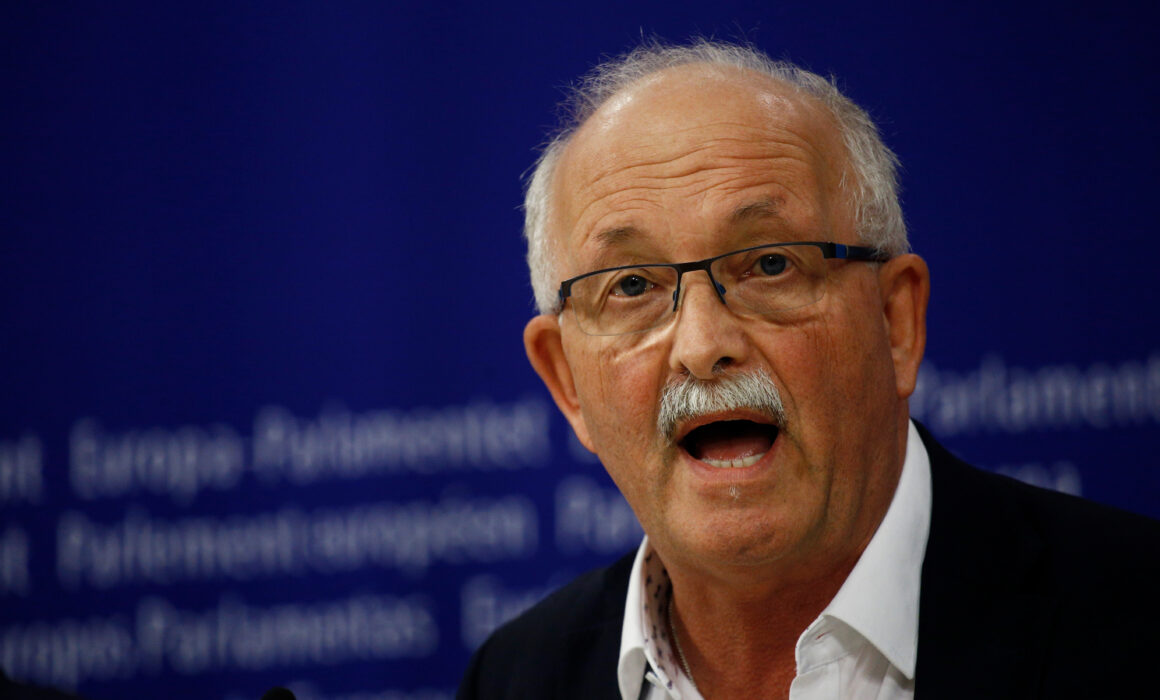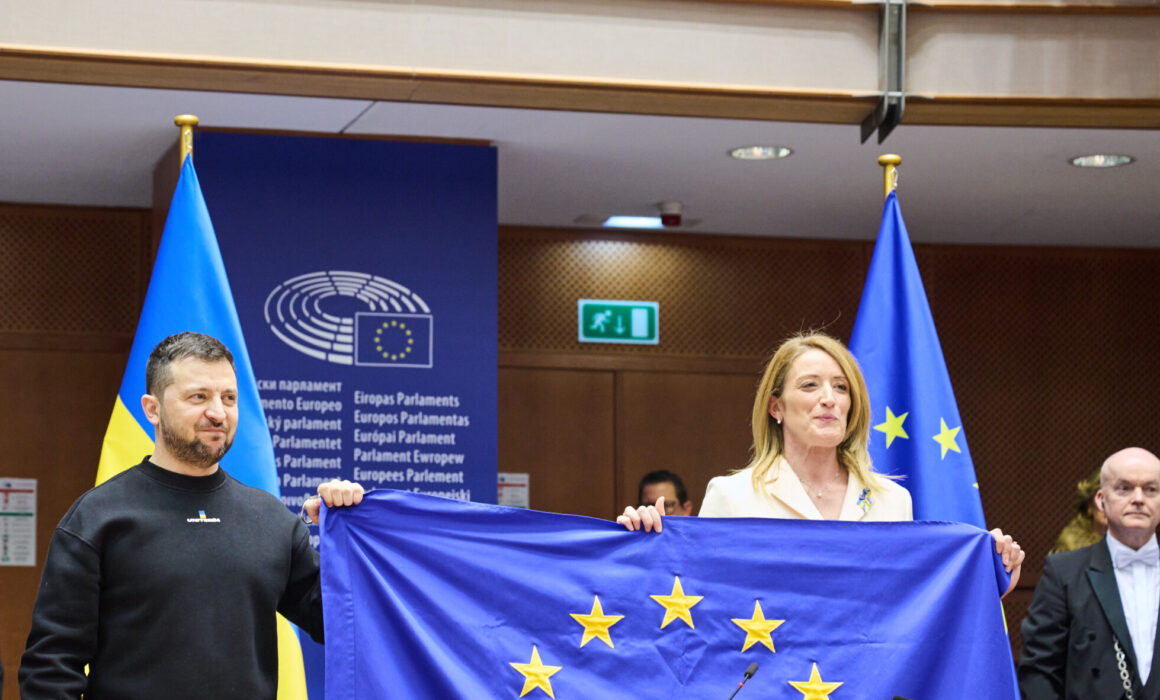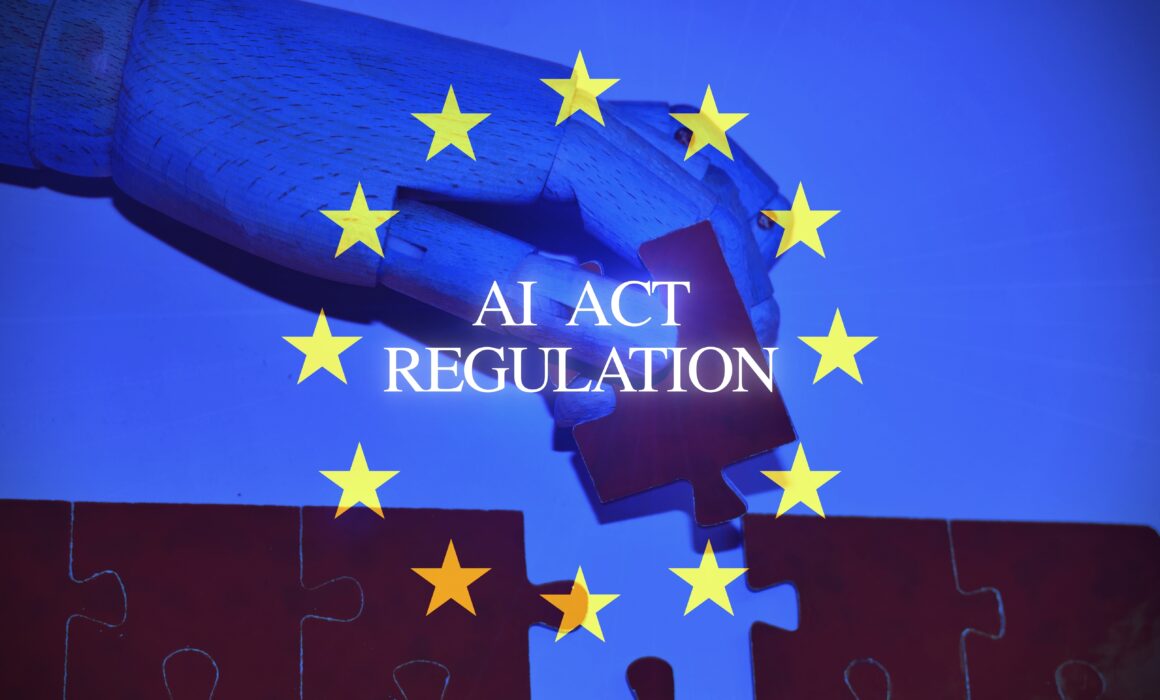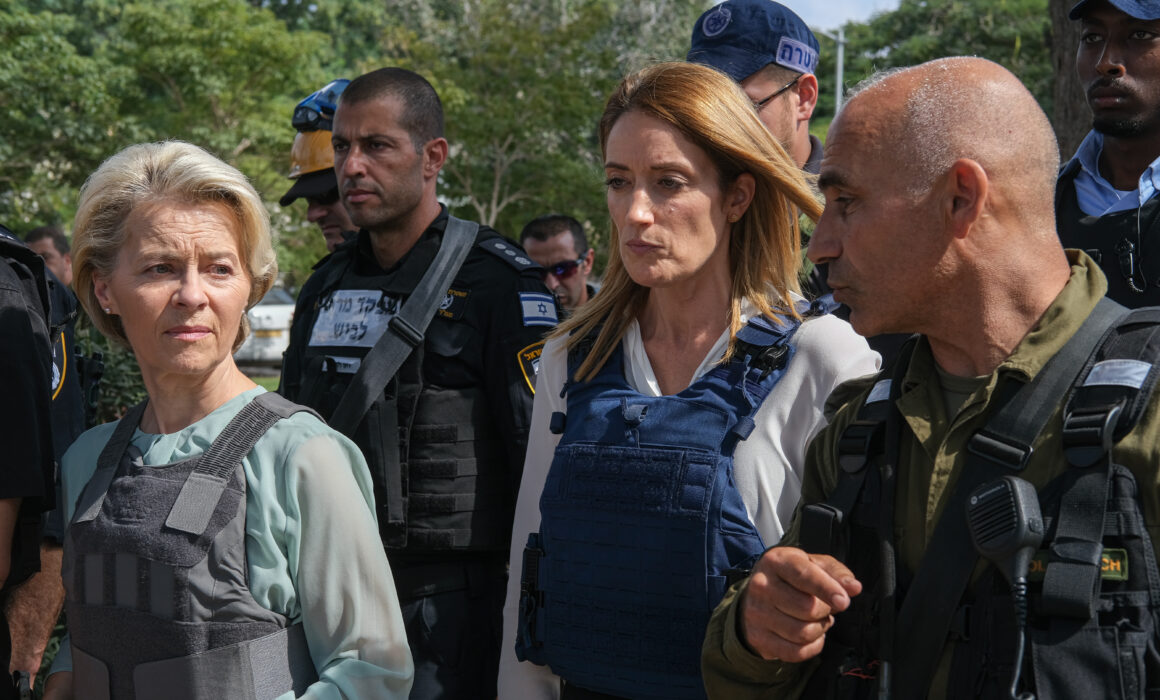Former Estonian Foreign Minister: “We should make Russia understand that the West is not weak anymore”
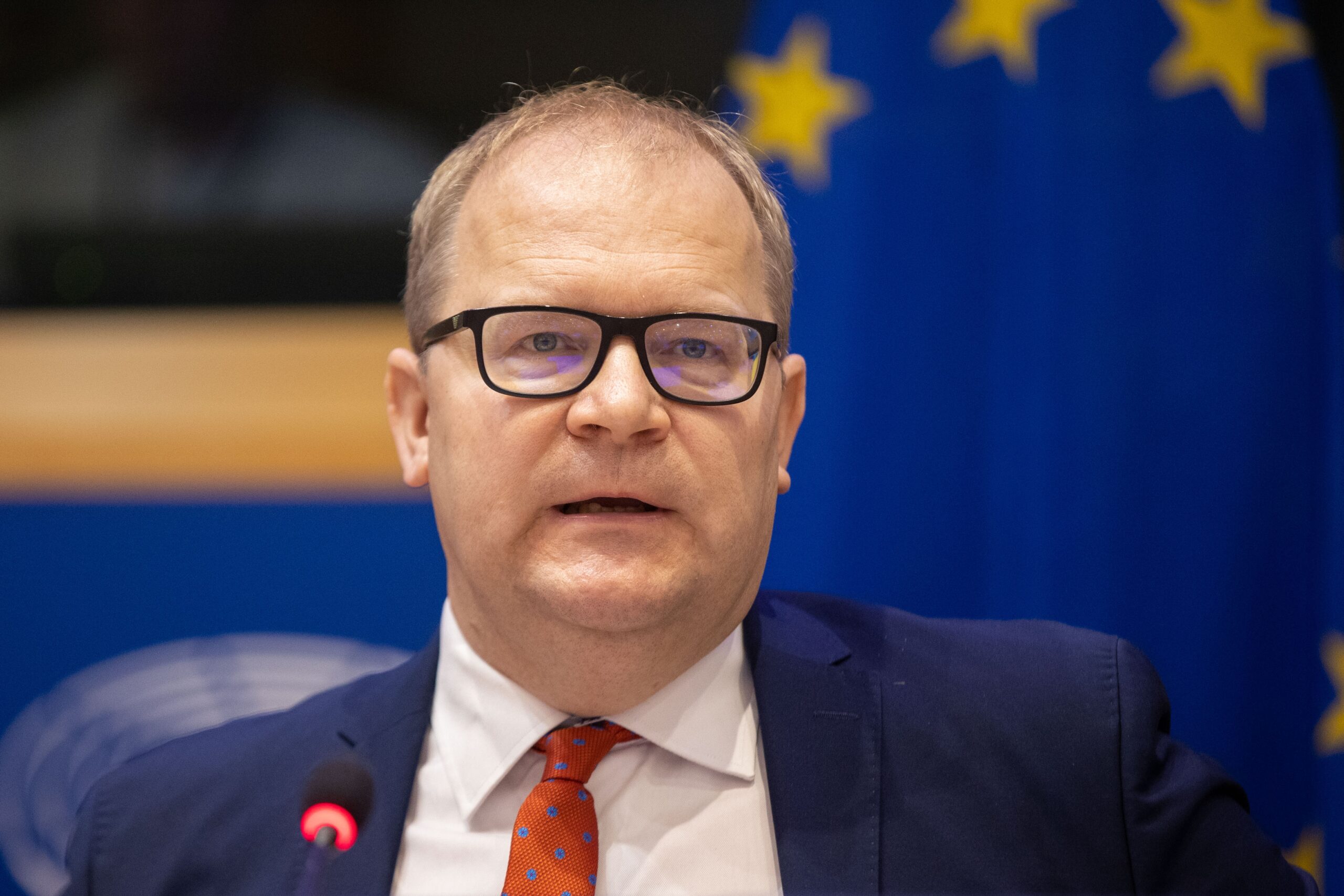
- Date published: 13 May, 2024
Mr. Paet, how can the EU remain to be such a strong leading voice when it comes to global support for Ukraine?
There are several tools, which, unfortunately, the EU is not using too effectively. So far, the first and most important is of course how strong Europe itself is. And here we have very clear shortcomings. During the last 30 years, after the collapse of the Soviet Union and the end of the Cold War, most European countries thought that there would be never-ending peace in Europe, in a common space from Lisbon to Vladivostok.
It unfortunately also meant the defense spending went strongly down. This is the reason why today, without direct assistance from the United States, Europe is not able to do everything it needs to do. The most important thing is that all countries in Europe must spend more on defense.
Second is that Europe must be more active in influencing third countries because there are lots of EU and US sanctions against Russia, but also there are lots of back doors open for Russia. Europe is not doing much to curtail sanctions circumvention in third countries.
So, in these two years, Europe’s ability to influence third countries has rather decreased. If you look at the votes in the UN General Assembly when it debates and votes on issues related to Russia and Ukraine, there are not too many followers for the EU, I’m afraid..
"In these two years, Europe’s ability to influence third countries has rather decreased."
Urmas Paet Tweet
Well, is it then political will that is missing, or does the EU simply not possess the necessary capacities for a stronger defense?
It is still mainly the lack of political will and the lack of understanding that there is a real risk to all European countries. It is not just a war between two Slavic countries, between Russia and Ukraine, it is much deeper. The only reason why there was no real war between the Soviet Union and the West during the Cold War period was that the Soviet Union leaders understood that Western countries were strong and that any attack would mean severe consequences.
Today, the situation is different. One of the main reasons why Russia once again attacked Ukraine in 2022 was that Putin understood the West was weak, that Europe was weak and Russia could do whatever it wanted, as there would be no reactions from the West.
It already has been like this many times: in 2008, Russia attacked Georgia, in 2014 Russia attacked Ukraine, occupied Crimea and parts of eastern Ukraine, and once again, nothing much happened. Or vice-versa: after 2014, some European countries – Germany and others -started to build Nord Stream 2, a gas pipeline from Russia to the EU, together with Russia! It was the complete opposite of what one would expect after Russia attacked Ukraine. In 2015, when Russia went to Syria to support al-Assad against its opposition, and on the opposition side there were some Western countries – what was the outcome? Western countries left Syria. The interpretation from the Russian regime, based on all these examples was that the West is weak and they can do whatever they want, and the West will not act.
Today, in that sense, the situation continues. A lot of people are afraid that maybe Russia will take it a step further and attack NATO and EU countries. I would say that the only thing which will work and stop it from happening is that finally, the Russian regime understands that the West is not weak anymore. In a nutshell, a Cold War-esque situation where both sides of a potential conflict realise that the other side is so strong there is no point in attacking it. We should achieve the same: make Russia understand that the West is not weak anymore. It is the only way to avoid the escalation of a military conflict in Europe.
![8th parliamentary term [13553]; Eurocorps; European Army Corps; Open Day 2017 (T) [13812]; Outside view; open doors day of the European Institutions [13383]; Flag; European Flag](https://www.euwatch.be/wp-content/uploads/2023/10/1657424615793_20170514_EP-042130A_MDO_247-1024x682.jpg)
Let’s talk about the Middle East. We have Israel’s war against Hamas in Gaza, the Red Sea attacks by the Houthis, and Iran’s direct attack on Israel for the first time in history. Where is the EU in all of this? And can the EU play a bigger role? If so, what would that look like?
Theoretically, the EU can, but again it is missing some strong elements. Essentially, it is directly related to the defense capability. We have been, and rightly so, very proud of our European soft power. However, soft power alone does not provide the necessary results. There should also be a hard power component. Yes, the Middle East is of course a very complicated issue, but we’ve also had another unfortunate development with the Armenia-Azerbaijan conflict in Nagorno-Karabakh.
Both countries are part of the EU’s Eastern Partnership programme and it means that they should be very important partners of the European Union. When the conflict restarted, the foreign ministers of Armenia and Azerbaijan went to Moscow and Washington to discuss how to solve it. They never came to Brussels. There was never a point to come. Even in such a case, the EU did not have real tools how to influence the situation so that there wouldn’t be another round of bloody conflict.
There are shortcomings for the EU to be efficient and to fulfil the potential it has. Unfortunately, we are not ready yet. Today, the ability of the EU to have a real, positive influence in the Middle East is very limited. Plus, if we look specifically at the Israeli-Palestinian conflict, it has always been an issue where the EU and its member states are very divided. Even if you look at the European Parliament, the division line goes inside political groups, not only between them.
Urmas Paet is a former Estonian foreign minister and a current MEP, acting as a Vice-Chair of the Foreign Affairs Committee in the European Parliament. The interview was conducted by Avital Grinberg.
Listen to the full interview on Spotify or Apple Podcasts.
Our most recent news
Former Estonian Foreign Minister: “We should make Russia understand that the West is not weak anymore”
In our most recent podcast edition of “EU Matters”, the Vice-Chair of the Foreign Affairs Committee of the European Parliament and former Estonian foreign minister, Urmas Paet, talks about the threat of Russia to Europe and the West’s support for Ukraine, as well as the recent developments in the Middle East between Israel and Iran.
Avital Grinberg appointed as General Manager of EU Watch
BRUSSELS – EU Watch announces the decision to appoint Avital Grinberg as the new General Manager, succeeding Michael Thaidigsmann at the helm of the organisation.
Veteran Socialist lawmaker: “We always knew that the EU would come under attack from guys like Putin”
German MEP Udo Bullmann talks about the importance of human rights in EU’s foreign policy, the EU as a player on the world stage and foreign interference in EU politics.
EU’s pivotal steps toward Ukraine, Moldova, and Georgia: A personal perspective on the region’s historic shift
Professor Cristina Vanberghen delivers her opinion on the European Council’s decision to green-light negotiation talks with Ukraine and Moldova.
EU Sets Global Standard for AI Regulation
Professor Cristina Vanberghen delivers her analysis of the EU AI Act, which regulates the use of Artificial Intelligence in the Union.
Enhancing our understanding of the EU’s role in the Middle East
Professor Cristina Vanberghen delivers her analysis on the EU’s role in mediating Middle East conflicts.
Our newsletter
Let's keep in touch!
Subscribe to our newsletter
EU Watch - Website: DIREXION Web Agency
This site is protected by reCAPTCHA and the Google Privacy Policy and Terms of Service apply.

